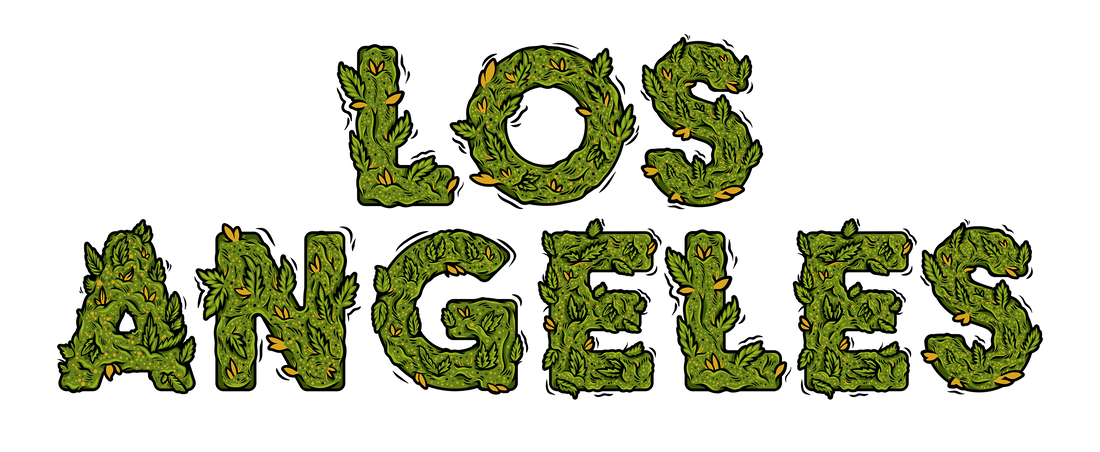|
Los Angeles cannabis regulators have urged a California federal judge to reject a Michigan man's effort to halt the city's upcoming lottery for marijuana retail licenses, saying the challenger and his company met none of the criteria to justify such an order.
Specifically, Los Angeles said that Michigander Kenneth Gay and his company Variscite Inc. were unlikely to succeed on the merits, couldn't show how letting the lottery proceed would irreparably harm them, and sought an order that would hinder the public interest. The plaintiffs "are unlikely to suffer irreparable harm because they are pursuing a commercial cannabis license for the purpose of earning a profit, which can be addressed through monetary damages," the city wrote in a Friday opposition filing. Gay said in his Nov. 30 complaint that the methods used by Los Angeles' Department of Cannabis Regulation to reward storefront retail licenses to social equity applicants violate the dormant commerce clause, a constitutional doctrine that bars policies which favor in-state residents. He sought a temporary restraining order halting a lottery which is scheduled for Dec. 8. But the city said Friday that the dormant commerce clause had not been shown to apply to cannabis regulations in the Ninth Circuit, where California is, and said that the doctrine applies to federally regulated interstate markets — which necessarily excludes cannabis, a federally illegal substance. "The general public would not benefit from an injunction because the primary purpose of the Dormant Commerce Clause does not apply to federally illegal cannabis markets," the city wrote. Los Angeles told the court that the balance of equities tipped heavily against granting Gay a temporary restraining order because it would effectively harm the other 508 license applicants who are in the running for the lottery. "Plaintiffs have known of the Verification Criteria for months or potentially years, and yet waited until the last possible minute before the … lottery to file suit and request this [temporary restraining order]," the city said in its filing. "Their inexplicable delay militates heavily against the issuance of a[n order]." The city also argued that Gay did not have standing to challenge the city's social equity program since he failed to produce documentation that would qualify him for the lottery. Gay previously brought a similar lawsuit in New York federal court, saying the state cannabis regulator's plan for doling out the first round of retail licenses was a dormant commerce clause violation since it was designed to award licenses to those with a New York cannabis conviction or close family members of someone with such a conviction. As a result of the legal challenge, a New York federal judge in November agreed to block Empire State cannabis regulators from issuing the first marijuana retail licenses for five geographic regions across the state. In the Los Angeles dispute, the city said if the court does grant an injunction, it should be narrowly tailored to force Gay's inclusion in the lottery — rather than shutting down the lottery for the hundreds of other applicants. Gay also has a similar lawsuit pending against cannabis regulators in Sacramento, California, which is headed for an appeal in the Ninth Circuit. Gay and Variscite are represented by Christian Kernkamp of Kernkamp Law APC. The Los Angeles parties are represented by Patrick Hagan, Taylor C. Wagniere and Kabir Chopra of the city attorney's office. The case is Variscite Inc. et al. v. City of Los Angeles et al., case no. 2:22-cv-08685, in the U.S. District Court for the Central District of California.
0 Comments
Leave a Reply. |
HISTORY
April 2024
Categories |
© Walk 4 Change. All rights reserved.


 RSS Feed
RSS Feed